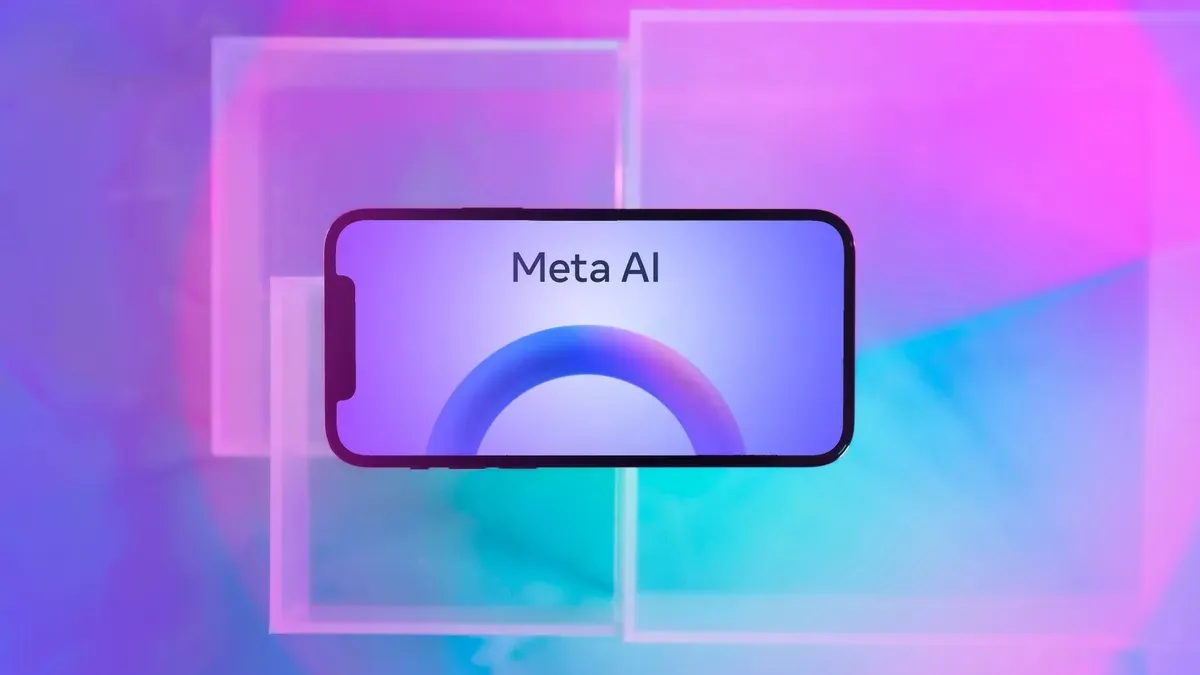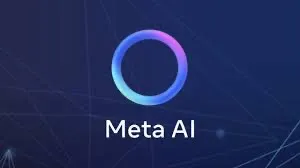“Forgetting” historically important events
Meta's AI chatbot has emerged as a powerful conversational agent, capable of engaging users in diverse topics with remarkable fluency and coherence. However, like other advanced language models, it occasionally suffers from "hallucinations" — instances where it generates information that is either incorrect or completely fabricated. One of the more troubling aspects of these hallucinations is the chatbot's tendency to forget or inaccurately recall historical events, leading to misinformation and potentially skewed perceptions.
Understanding Hallucinations in AI
Hallucinations in AI refer to instances where a model produces plausible-sounding but factually incorrect or nonsensical responses. This phenomenon is not unique to Meta's chatbot; it is a common issue across various AI models, including OpenAI's ChatGPT and Google's Bard. These hallucinations arise because the models are trained on vast amounts of text data and generate responses based on patterns and probabilities rather than a deep understanding of factual accuracy.

Forgetting Historical Events
One particularly concerning form of hallucination is when AI chatbots fail to recall or misrepresent historical events. This can happen for several reasons:
Data Limitations: The training data may lack comprehensive coverage of certain historical events, especially those that are less documented or discussed online. This gap can lead to incomplete or incorrect representations.
Pattern Recognition Errors: The model's reliance on patterns rather than understanding can cause it to generate responses that seem contextually appropriate but are factually incorrect. For example, it might conflate details from different events or fail to recognize the significance of a particular date.
Temporal Decay: Historical information might be less frequently referenced in more recent data, leading to a kind of "temporal decay" where the model prioritizes more recent and prevalent information over older, less frequent references.

Implications of Historical Hallucinations
The misrepresentation or omission of historical events can have significant implications. It can lead to the spread of misinformation, hinder educational efforts, and erode trust in AI systems. For instance, if a chatbot incorrectly downplays the significance of events like World War II or misattributes the causes of significant social movements, it can distort users' understanding of history.
Addressing the Issue
To mitigate these hallucinations, Meta and other AI developers are exploring several strategies:
Enhanced Training Data: Ensuring that the training data includes a broad and accurate representation of historical events can help improve the model's reliability.
Fact-Checking Mechanisms: Integrating real-time fact-checking tools and databases can help AI models verify information before presenting it to users.
User Feedback: Leveraging user feedback to identify and correct inaccuracies can help improve the model over time.
Conclusion
Meta's AI chatbot, while a marvel of modern technology, still faces significant challenges related to hallucinations, particularly in recalling historical events accurately. Addressing these issues is crucial to enhancing the reliability and trustworthiness of AI systems, ensuring they serve as accurate and useful tools for users worldwide. As AI continues to evolve, ongoing efforts to refine these systems will be essential in minimizing misinformation and promoting a more informed and knowledgeable society.
Sincerely,
Pele23